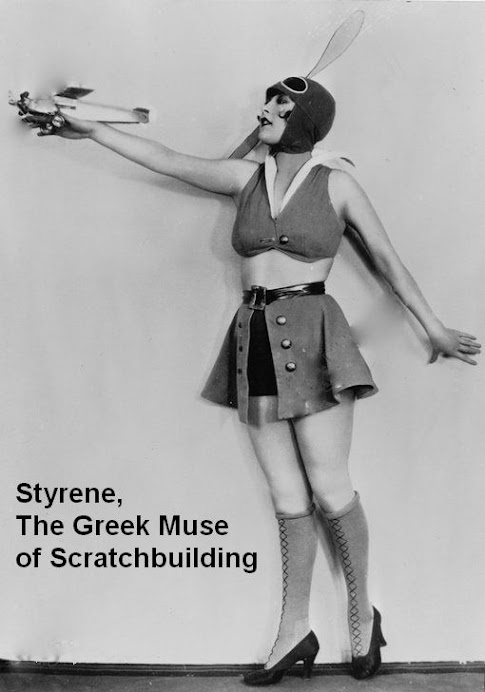(the completed model is here:)
http://wingsofintent.blogspot.com/2014/07/ayacucho-maquetas-yakovlev-air-7.html
In-Box Review
Ayacucho Maquetas 1/72 Yakovlev Air-7
When I held in my hands the resin kit of the Yakovlev Air-7
I couldn’t believe my eyes.
The beauty of the chosen subject, the flawless and well
executed parts, the degree of detail, all were superlative.
The maker of the kit, Matias Hagen from Argentina, is a
very meticulous and talented craftsman and artist.
The images attached may give you an idea of the beauty of
the parts, crisp and clean. Resin is a media that naturally allows for high
levels of detail, and on the other hand requires a different approach than your
usual injected styrene kit. A minimum and easy cleanup of the parts (in this
kit), the use of a mask when you sand and carefully applied superglue is the
way to go here.
The kit comes in a sturdy and handsome box that includes the
resin parts, vacuformed transparencies and instructions. No decals are included
since none are needed for this plane. The box art is catchy. The instructions
are bilingual (Spanish and English) and include a history of the plane, several
tips and guidelines in dealing with polyester resin kits, very clear and
detailed drawings of the step-by-step construction sequence, a parts map, color
guides, and the announce of the coming of a very welcome second kit in the near
future.
As you can see in the images the parts are molded on a thin
wafer. You have to remove them with some care and caution in the case of the
smaller parts. You have parts here to make you very happy and achieve a truly
well detailed rendition of the original. I had some resin kits, and this is one
of the best.
The plane:
The Yakovlev Air-7 was a single shot venture created in 1932
that had a few mods done during its remarkable career. It conquered the Russian
speed record with passenger at 332 kilometers per hour in 1933.
It was based on the technical advantages of the fighter
technology of the time (Polikarpov I-5) and used the same engine, the M-22, a
local interpretation of the Bristol Jupiter VII.
The canopy, air intake and wheel pants had some changes as
said before during its lifetime.
This kits are not in production at this time, but you can check Matias' blog clicking on the tile at the right of this article in my list of preferred sites.








No comments:
Post a Comment